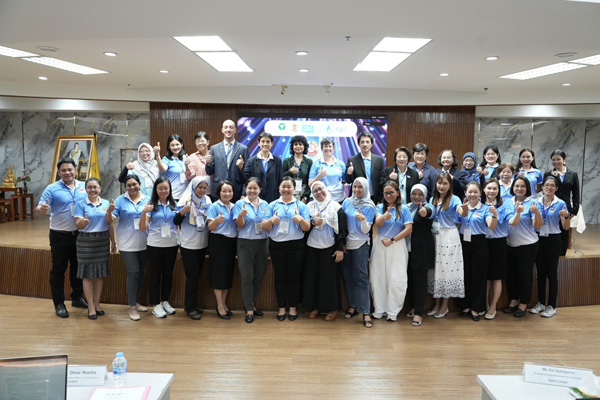News roundup August 2025
Asia-Pacific animal health news roundup

Latest activities from FAO’s regional and country teams.
In this news roundup
AFRICAN SWINE FEVER | ||
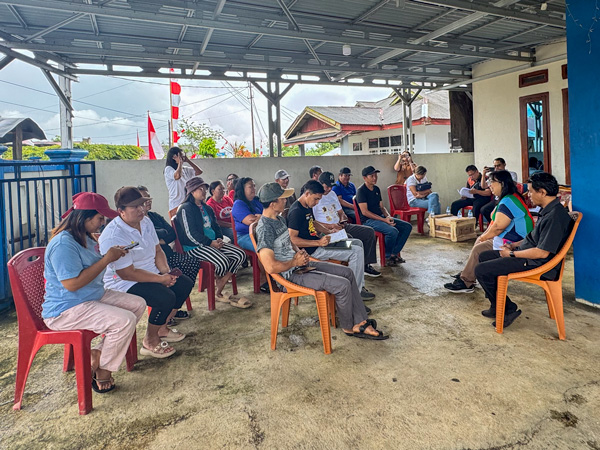 © FAO/Jim Caro | INDONESIA The recent post-impact assessment of FAO’s Community African Swine Fever Biosecurity Intervention (CABI) programme in Indonesia shows clear benefits for smallholder pig farmers in West Kalimantan and North Sulawesi. Farmers reported improved herd health, higher profits, and increased market value for their pigs as a direct result of CABI participation. The assessment also found significant gains in ASF awareness and biosecurity practices, with local governments now expanding CABI initiatives. These findings highlight the effectiveness of community-driven disease control and ongoing collaboration in the region. | |
ANTIMICROBIAL RESISTANCE | ||
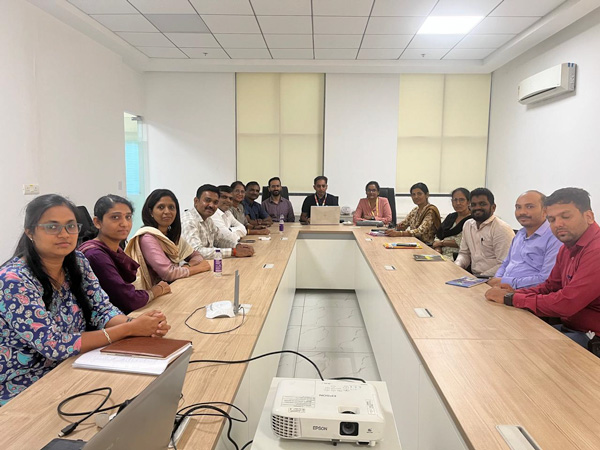 © FAO/Manju Soman | INDIA FAO conducted a targeted assessment at the West Regional Disease Diagnostic Laboratory in Pune, under the Pandemic Fund. The mission focused on identifying operational gaps and resource needs to enhance laboratory performance, with special attention to infrastructure, equipment and data management. This initiative is part of a broader effort to ensure reliable antimicrobial resistance (AMR) data and inform policy decisions across the animal health and food safety sectors. | |
| Back to top | ||
CAPACITY DEVELOPMENT | ||
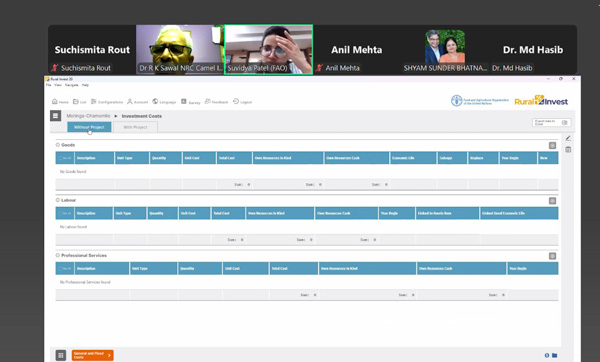 © FAO/Suchisimita Rout | INDIA FAO partnered with Kutch District Cooperative Milk Producers Union Ltd (Sarhad Dairy) to explore upgrading a camel milk processing unit using the RuralInvest tool. The collaboration focused on financial planning, market analysis and governance, positioning camel milk as a high-value product and supporting climate-resilient livestock systems in arid regions. | |
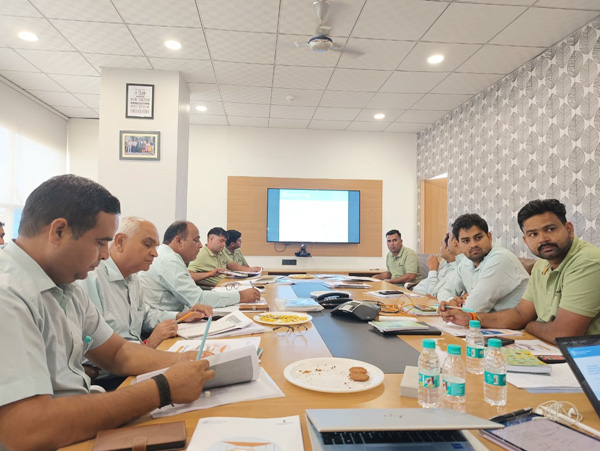 © FAO/Mohammad Hasib | INDIA FAO organized a two-day training in Meerut for 17 supervisors of Harit Pradesh Milk Producers Company Ltd. The programme combined classroom learning with practical field exercises, including the use of Kobo Toolbox for efficient data collection. Participants received hands-on instruction in infrastructure, animal nutrition, herd health and hygienic milk handling, aiming to improve milk quality and promote safe, sustainable dairy practices. | |
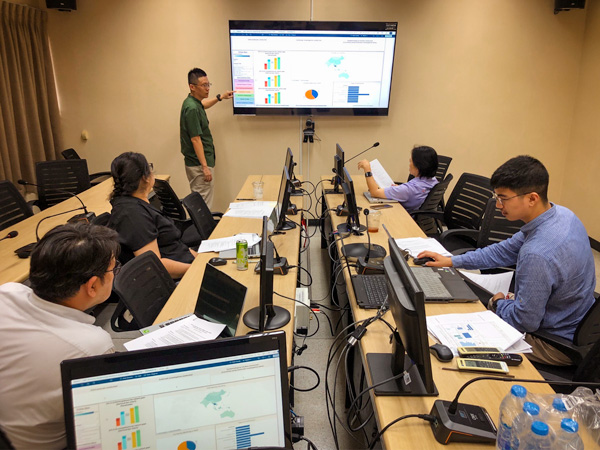 © FAO/Kitikhun Udom | ASIA AND THE PACIFIC The Veterinary Epidemiology Workforce Intelligence System (VEWIS) is a web-based dashboard designed to track training outcomes and workforce planning, while the FETPV Learning and Support platform aims to enhance mentoring and online learning. Initially set to pilot with R-FETPV, both systems have the potential for broader adaptation to bolster country-level workforce development in veterinary epidemiology. | |
EPIDEMIOLOGY | ||
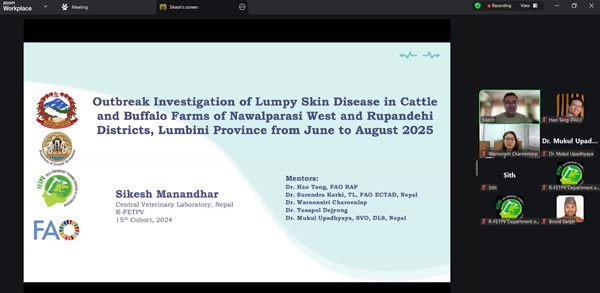 © FAO/Hao Tang | ASIA AND THE PACIFIC | |
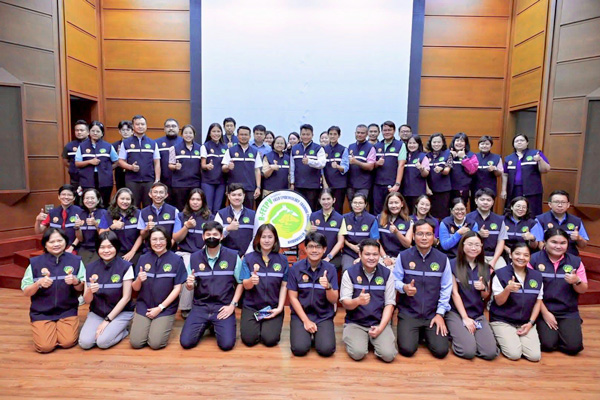 © R-FETPV © R-FETPV | THAILAND On 25–26 August, the Department of Livestock Development convened 51 alumni veterinarians and 17 mentors for the R-FETPV Thai alumni network meeting. The event reinforced network among alumni, exchanges on national animal health policies and showcased real fieldwork cases such as investigations into melioidosis in swiftlets and buffalo deaths. Closing remarks from the Deputy Director-General encouraged continued collaboration to strengthen Thailand’s animal health system and advance the One Health approach, highlighting the vital role of alumni support in sustaining workforce development. | |
| Back to top | ||
LABORATORY | ||
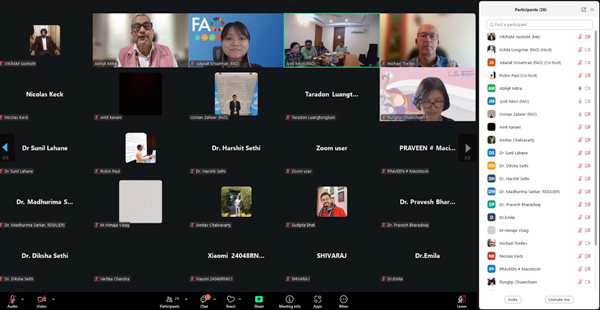 © FAO/Vikram Vashist | ASIA AND THE PACIFIC FAO concluded the first online cohort of the Assessment Tool for Laboratories and AMR Surveillance Systems (ATLASS), delivered through the Virtual Learning Centre. Over six weeks, 40 laboratory professionals engaged in virtual training to assess and improve national AMR surveillance frameworks, reinforcing the importance of standardized, science-based approaches in tackling antimicrobial resistance. | |
| ASIA AND THE PACIFIC The Department of Medical Sciences in Thailand hosted the final training session of the Global Laboratory Leadership Programme (GLLP), a One Health initiative led by six international organizations including FAO, from 6 to 8 August. Participants from Thailand, Indonesia, Malaysia and Cambodia presented capstone projects and engaged in peer review, concluding a flexible, competency-based curriculum combining didactic sessions, mentorship, applied projects and community building. FAO has supported technical aspects in animal health throughout the programme and delivered opening remarks at the graduation, reaffirming its commitment to developing laboratory leaders who can strengthen national systems across the human, animal and environmental health sectors. As the first laboratory leadership programme to apply a One Health approach, the GLLP fosters multisectoral collaboration and enhances countries’ capacity to prevent, detect and respond to health threats, contributing to stronger global health security. | |
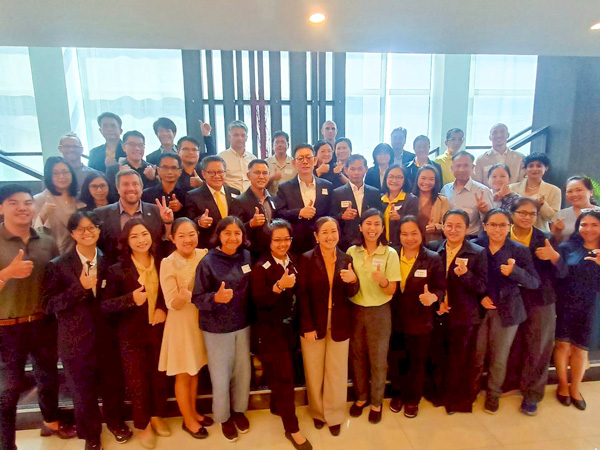 © FAO © FAO | THAILAND | |
SURVEILLANCE | ||
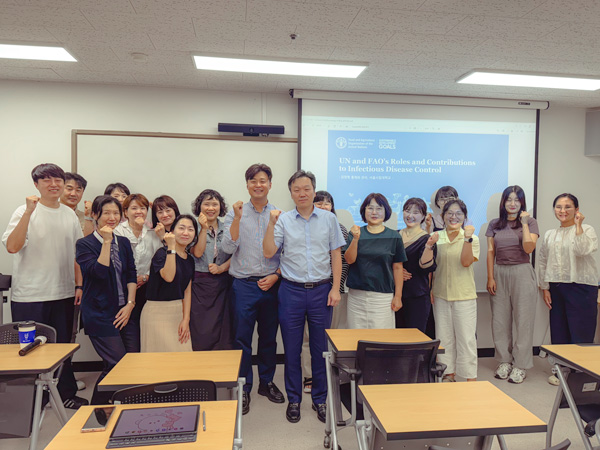 © FAO/Mugyeom Moon | REPUBLIC OF KOREA Officers from the Seoul Metropolitan Government’s Citizens’ Health Bureau attended a special lecture on how the United Nations promotes the One Health approach at the University of Seoul. The session emphasized cross-sectoral collaboration across animal health, food safety and security and public health, with a focus on FAO’s surveillance and early-warning contributions–linking risk detection to faster, better-coordinated responses. | |
PARTNERSHIPS | ||
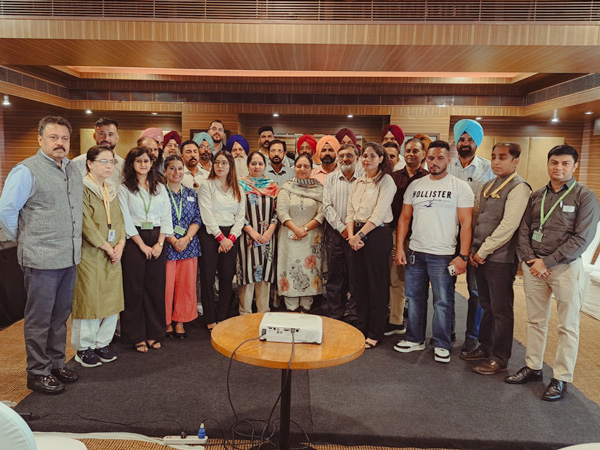 © FAO/Robin Paul | INDIA FAO convened the seventh Private Sector Engagement Workshop on AMR for the apiary sector in Chandigarh. 37 stakeholders from the beekeeping industry participated in sessions focused on responsible antimicrobial use and antibiotic-free colony management. A field visit to an apiary and honey processing establishment underscored the sector’s critical role in biodiversity and sustainable agriculture, while strengthening commitments to national AMR mitigation efforts. | |
- Learn more about our work on African swine fever here.
- Learn more about our work on antimicrobial resistance here.
- Learn more about our work on capacity development here.
- Learn more about our epidemiology here.
- Learn more about out work on laboratory here.
- Learn more about our work on surveillance here.
- Learn more about our partnerships here.
Subscribe to our biweekly update here.

